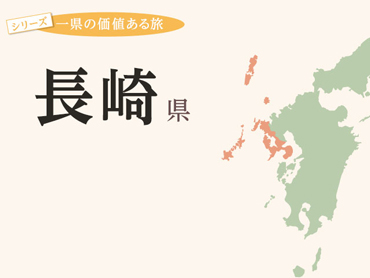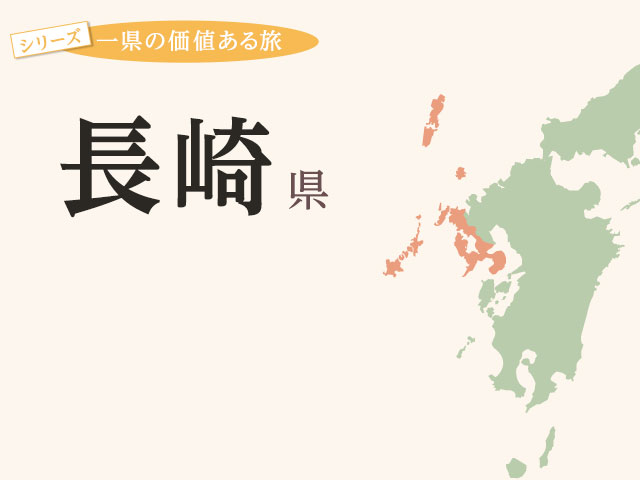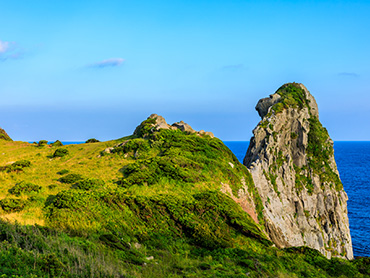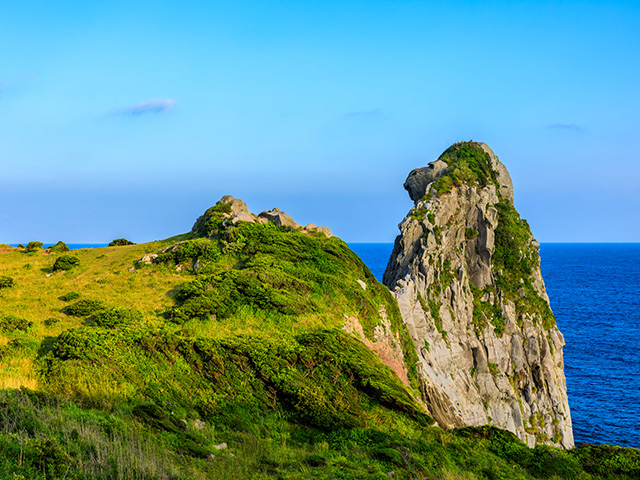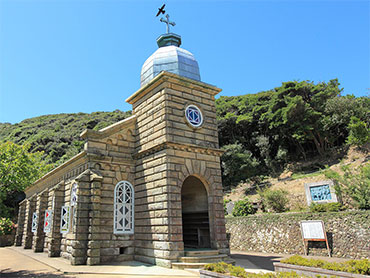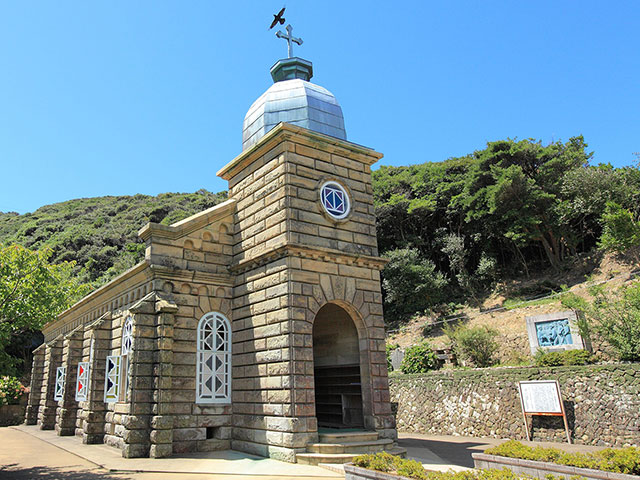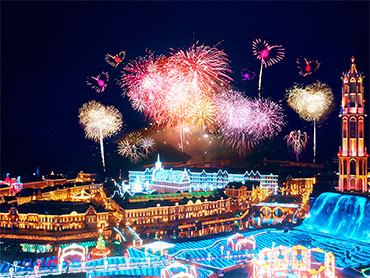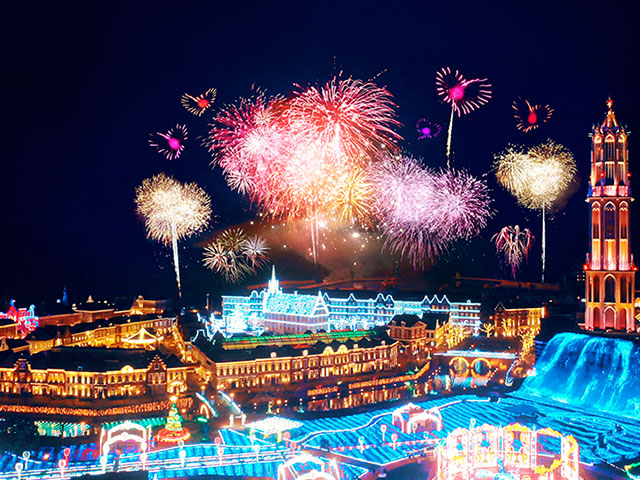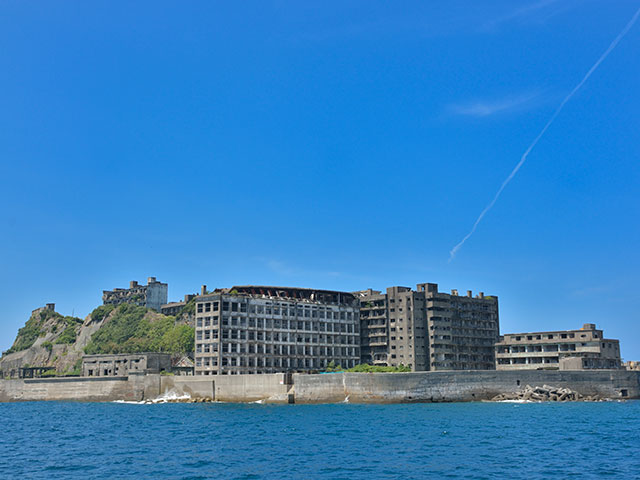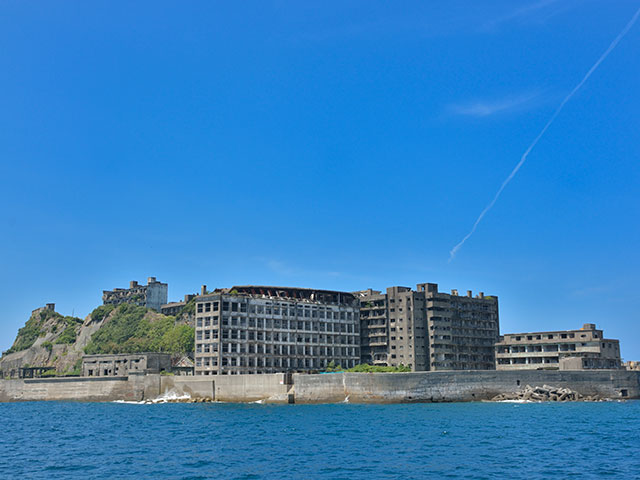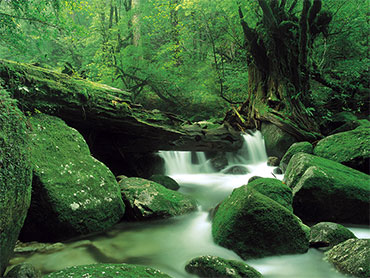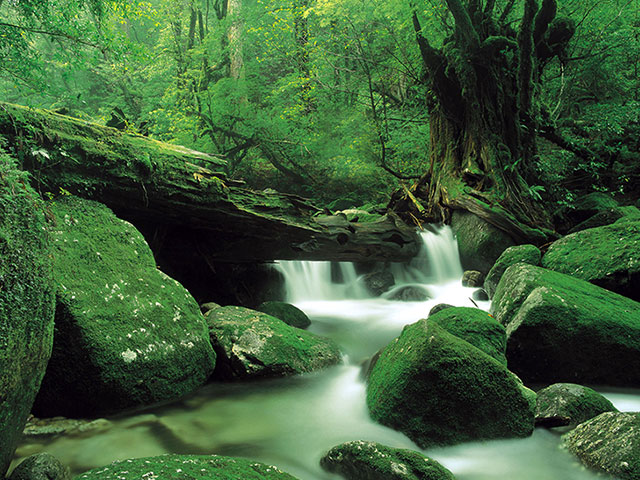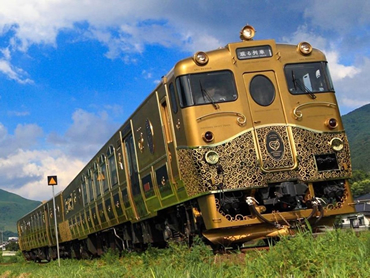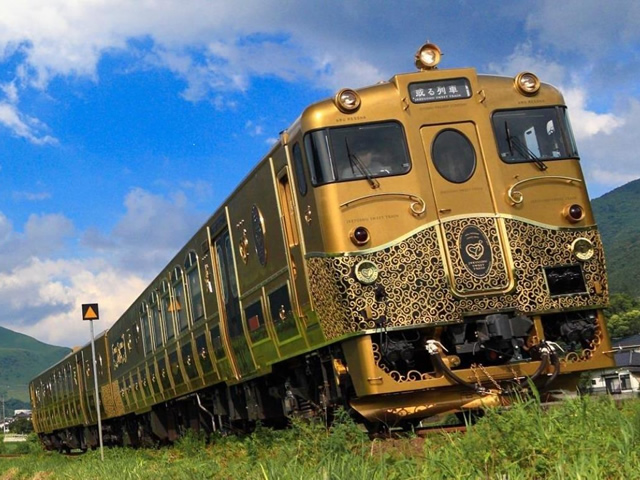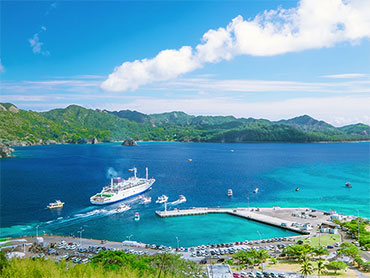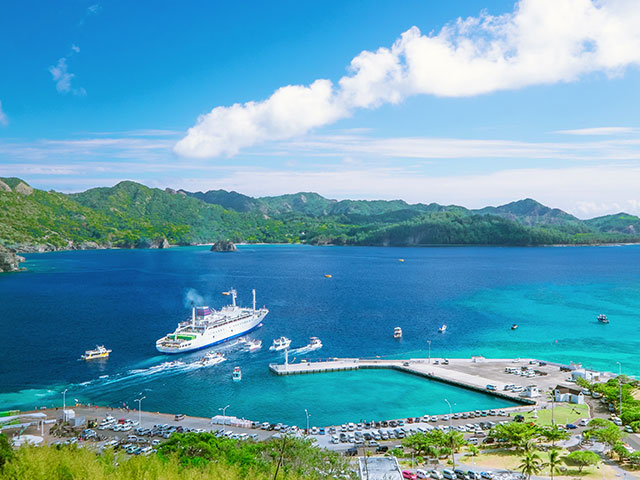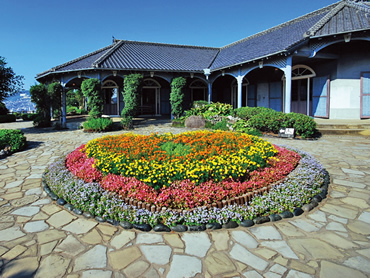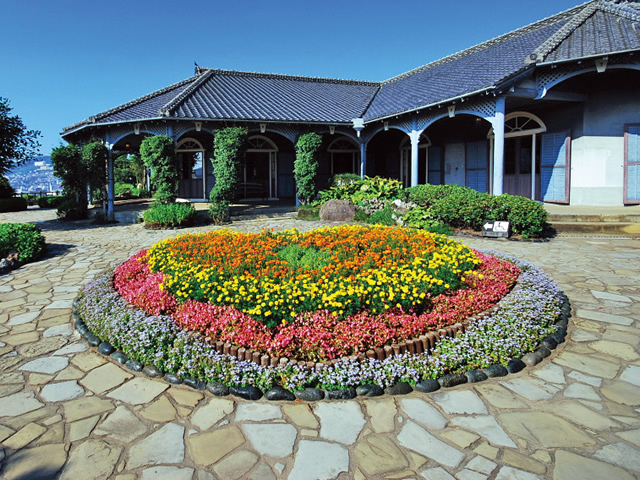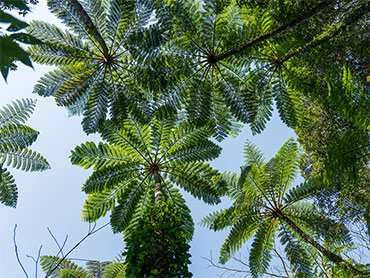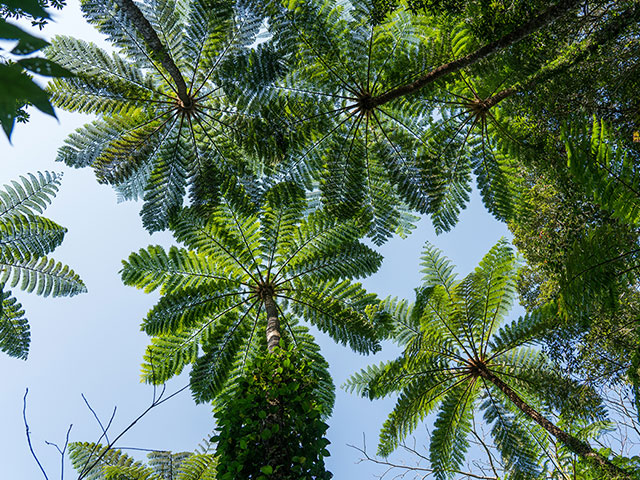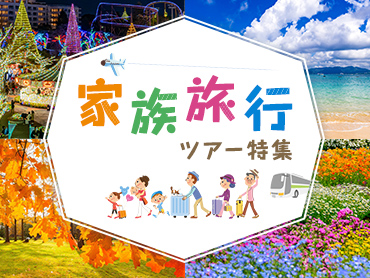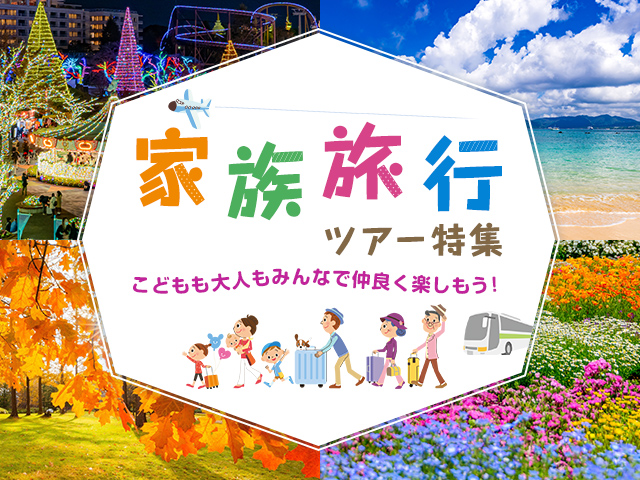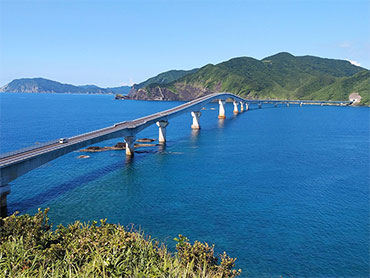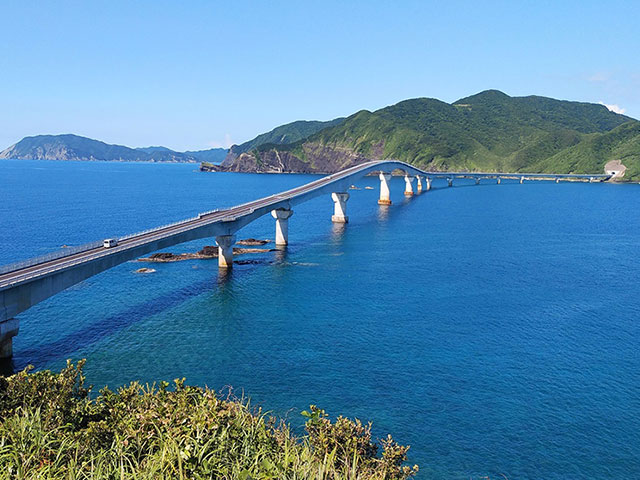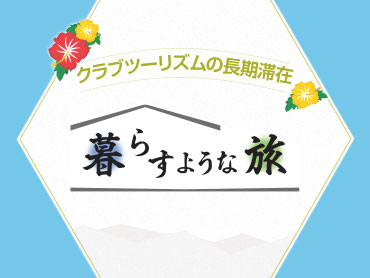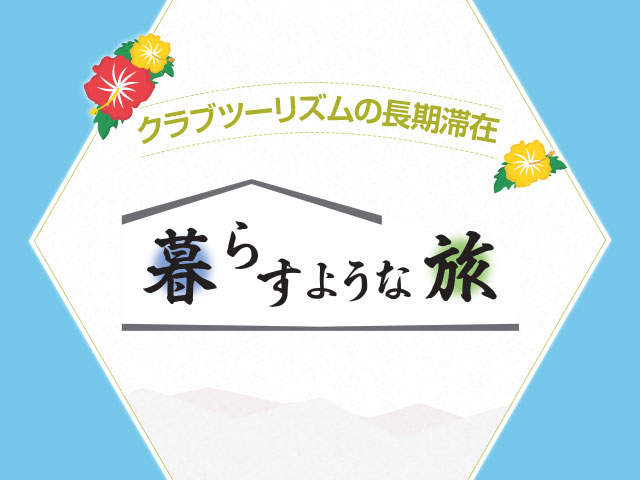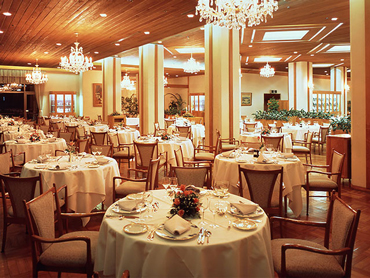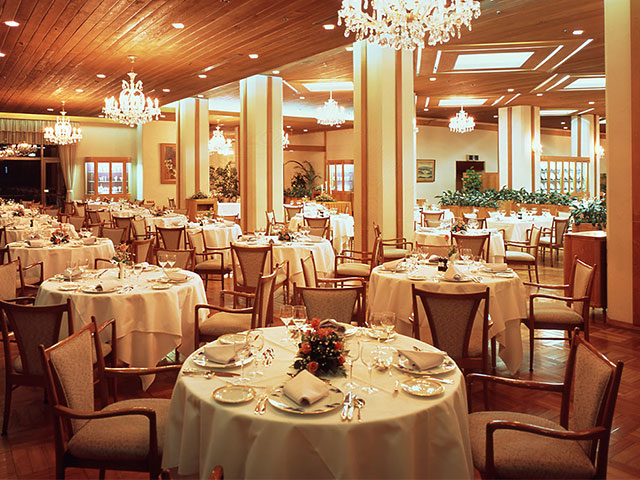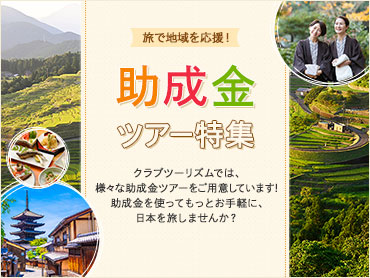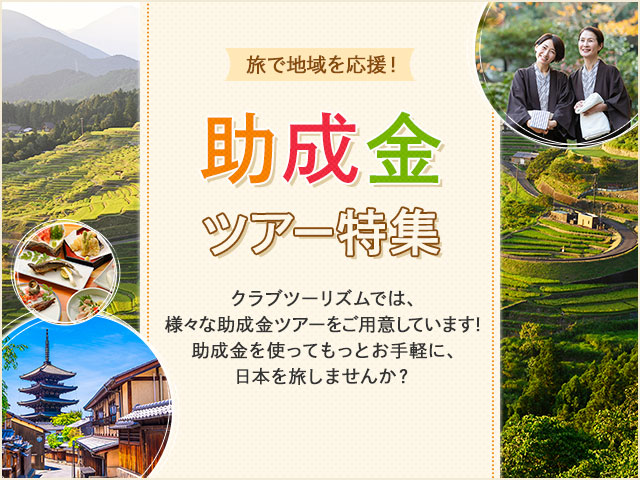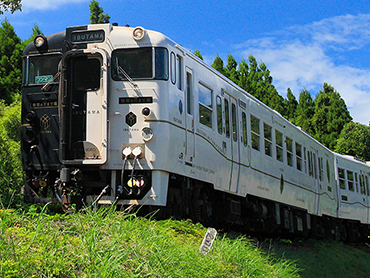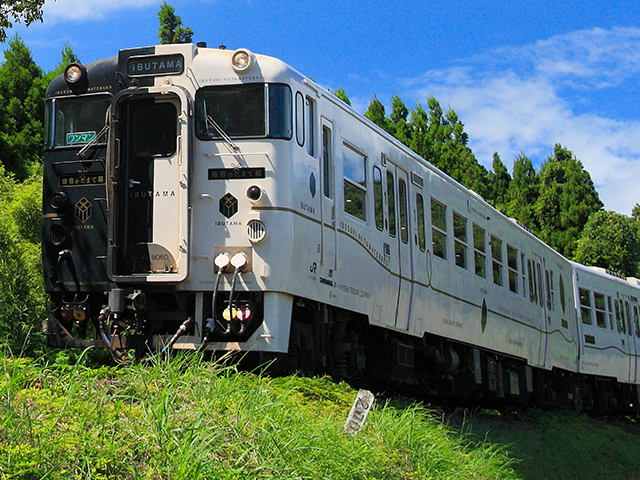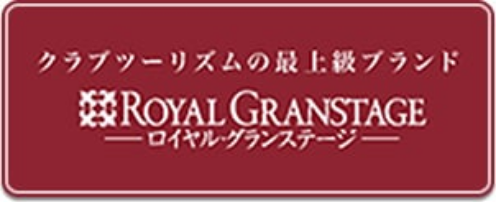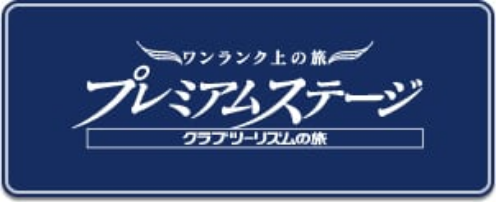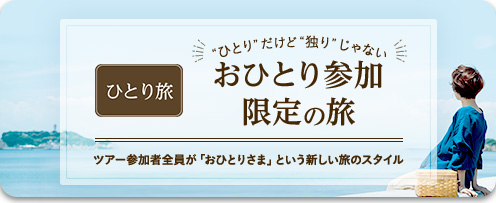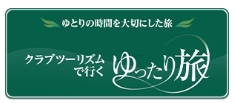Introduction to the Hidden Christian Sites in Nagasaki and the Amakusa Region

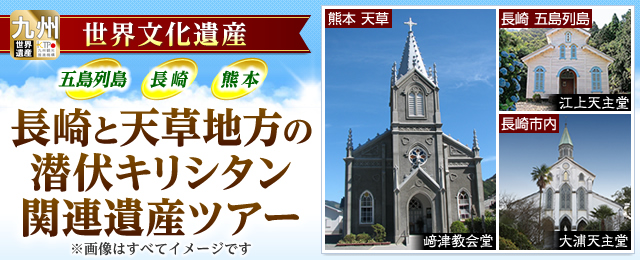
The "Hidden Christian Sites in the Nagasaki Region", which was registered as a World Heritage Site in 2018, is a group of heritage sites in Nagasaki that demonstrates the process of Christianity's acceptance in Japan from the 16th century onwards: its introduction and prosperity, severe oppression, 250 years of hiding, and then its miraculous revival. The group consists of castle ruins, settlements, and church buildings.
*Photography and publication are permitted with the permission of the Archdiocese.
What are the hidden Christian heritage sites in Nagasaki and the Amakusa region?

The village of Tougashima, Nagasaki Prefecture (Image courtesy of Nagasaki Prefecture Tourism Federation) (Image)
Since the missionary Xavier began preaching Christianity in Hirado, Christianity has spread throughout Nagasaki.
However, when the Edo period began, the shogunate thoroughly banned and oppressed Christianity, and people continued to believe in and pass on their Christian beliefs in secret for over 250 years.
When the ban on Christianity was lifted in the Meiji era, people who had kept their faith hidden in the Goto Islands and other places built churches there as a testament to the continuation of their faith, and these churches remain for future generations to see, as they tell the history of the spread and development of Christianity in Nagasaki.
Why not visit for yourself the 450 years of Christianity in Nagasaki and the footsteps that marked the beginning of its spread in Japan?


Goto Islands
Egami Village on Naru Island
[Goto City, Nagasaki Prefecture]

Egami Cathedral (Image)
The church was built with the income of the islanders who work in the fishing industry, and the believers' dedication to their work can be seen in the hand-painted wood grain patterns on the pillars and the clear glass windows decorated with flowers.
Village on Kashiragashima Island
[Minamimatsuura District, Nagasaki Prefecture]

(Clockwise from left) Kashiragashima Cathedral, Kashiragashima Cathedral (Courtesy of Nagasaki Tourism Federation), Kashiragashima Cemetery in May. (Courtesy of Kyushu Shosen) *All photos are for Image only.
It is the only stone church in western Japan, and is rare nationwide. In contrast to its oppressive exterior, the interior is decorated with floral patterns, giving it a gorgeous atmosphere. It took 10 years to complete, but it is said to have been made possible by the dedicated efforts of the island's believers, who raised funds and volunteered their labor. It is currently designated as a National Important Cultural Property.
Hisaka Island Village
[Goto City, Nagasaki Prefecture]

Former Gorin Church (Image)
While the exterior is a simple Japanese-style building, the interior has three naves and a Gothic wooden ribbed vault ceiling, making it a valuable relic that tells the history of church architecture in the early Meiji period.
Nozaki Island Village Site
[Kitamatsuura District, Nagasaki Prefecture]

Nokubi Cathedral (Image)
A former Christian settlement. During the period of rapid economic growth, Nozaki Island experienced depopulation, and in 1971, all the residents left the island, causing the church to fall into disrepair. However, it was restored and maintained by the town of Ojika.
Nagasaki, Sasebo, and Amakusa areas
Sakitsu Village in Amakusa
[Amakusa City, Kumamoto Prefecture]

(Clockwise from left) Sakitsu Church, Sakitsu Village, Sakitsu Village *All photos are Image only.
After the Shimabara-Amakusa Rebellion, Christians could only hide in a limited number of villages, such as Sakitsu. Despite strict controls, the people of Sakitsu village continued to preserve and pass on their faith as hidden Christians. With its towering spire and lovely pastel-colored stained glass, overlooking the calm Yokaku Bay, it is also known as the "Cathedral of the Sea." This church stands in a fishing village. (The fishing village landscape of Sakitsu has also been selected as an "Important Cultural Landscape of the Nation.")
Oura Cathedral
[Nagasaki City, Nagasaki Prefecture]

Oura Cathedral (Image)
This church was dedicated to the 26 Japanese Martyrs, the first Japanese martyrs to be executed in 1597.
Kuroshima Village
[Sasebo City, Nagasaki Prefecture]

Kuroshima Cathedral (Image)
The interior is a grand space with an arcade, triforium and high windows. Local materials such as Arita ware tiles and Kuroshima granite are used.
Hara Castle Ruins
[Minamishimabara City, Nagasaki Prefecture]

Hara Castle ruins (Image)
The Shimabara-Amakusa Rebellion is said to be the largest rebellion under the Tokugawa Shogunate. Many Christian relics, such as crosses and medals, have been discovered at the castle ruins.
Ono Village in Sotome
[Nagasaki City, Nagasaki Prefecture]

Ono village in Sotome (Image)
This building was built as a traveling church for the Shitsu Church and has a Japanese tiled roof and basalt stone exterior.
Shitsu Village in Sotome
[Nagasaki City, Nagasaki Prefecture]

Shitsu Church in Sotome (Image)
Shitsu Church was built after the lifting of the ban on religious services under the design and guidance of Father de Rotz. It features a low, flat exterior and interior space that takes into consideration the strong winds of the Sotome area.
Sacred sites and villages in Hirado (Kasuga village and Mount Yasumandake) Sacred sites and villages in Hirado (Nakaenoshima Island)
[Hirado City, Nagasaki Prefecture]

Sacred sites and villages in Hirado (Kasuga village and Mount Yasumandake) (Image)

Sacred place and village of Hirado (Nakaenoshima) (Image)
Christianity was popular in Hirado, but due to the ban on Christianity from the end of the 16th century, Christians were forced into hiding. Various parts of Hirado are considered holy sites and are still revered today.
Related Features
Customer Co-Creation Activities
Latest Tours and Information
Club Tourism Travel Brand
Overseas Travel
Club Tourism Internet Membership Information
-
A wide range of services exclusively available to members
-
Search for trips anytime, anywhere!
-
Be the first to know about the best seasonal travel deals!

